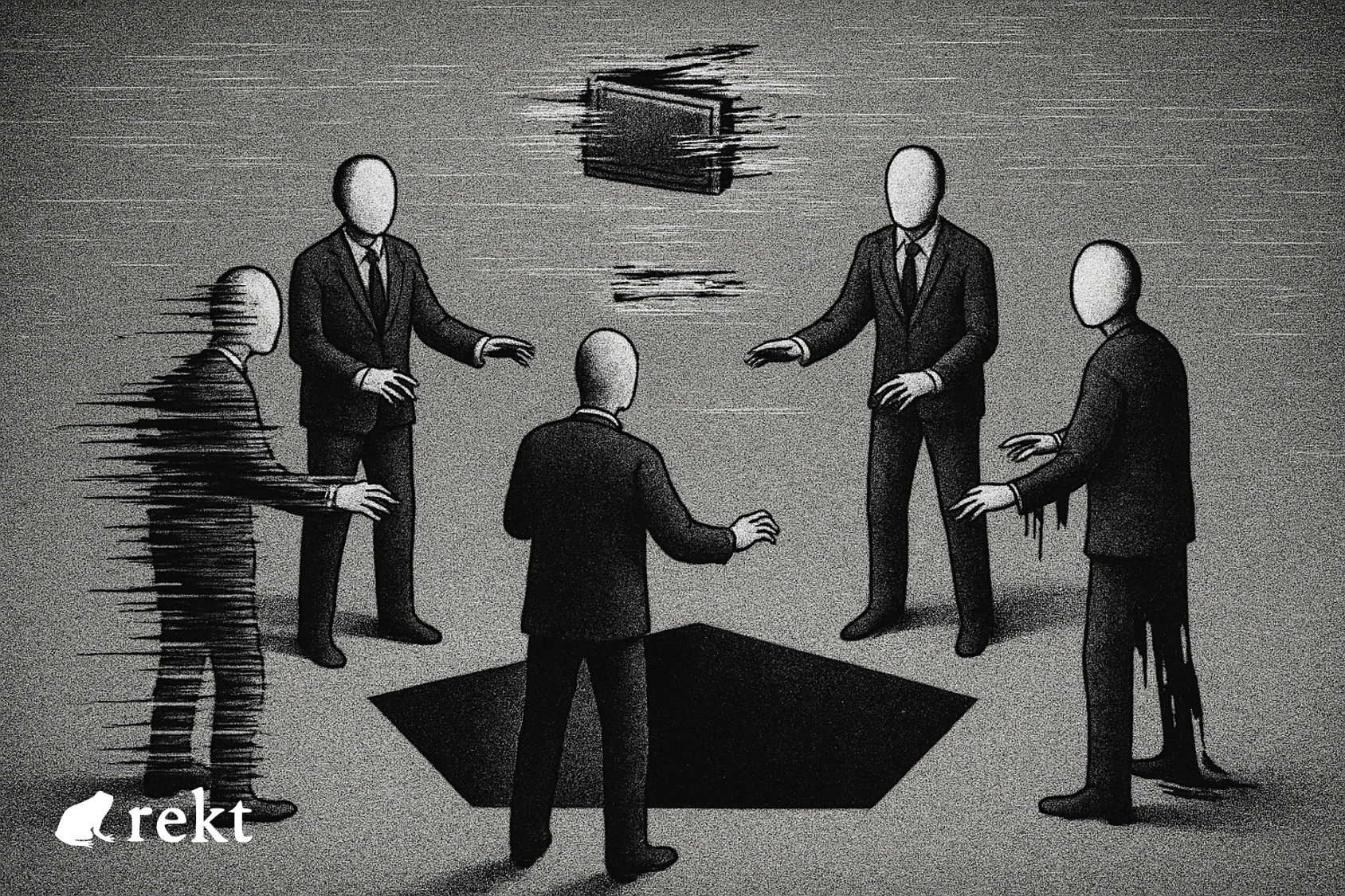Social Recovery Wallets are Broken by Design

The pitch was simple: What if you lose your keys? Don’t worry—your trusted friends will help you get back in. Cute. But in practice, “social recovery” has become the crypto equivalent of leaving your door unlocked because your neighbors seem nice.
You think guardians are some decentralized miracle?
They’re just a multisig of human error.
Let’s be honest: most users pick guardians who are either clueless, careless, or compromised already. Your old college roommate. Your boss. That one dev friend who still hasn’t moved off MetaMask hot wallets.
You think they’re keeping your keys safe?
They can’t even keep their Discord account from getting hijacked by a fake airdrop.
Guardian collusion is the obvious play—three out of five phone calls, and boom, they’ve reset your wallet. No need to hack you directly. Just find the weakest links you picked and let them hand over the goods. One fake email. One fake tweet. One deepfake voice note. And it’s game over.
Still feel “social”?
And even if you do trust your guardians—should you? The UX-first movement turned your security model into a lifestyle app. Smooth interfaces, animated confirmations, email recovery options. All because seed phrases are “too hard.”
Here’s the thing: UX and security are enemies when one is driving the car and the other’s locked in the trunk.
The promise was usability without compromise.
The result? A wide attack surface, gift-wrapped with onboarding candy.
Projects want you to feel safe.
Attackers want you to feel comfortable.
And comfort is the most dangerous opsec flaw of all.
Let’s not pretend it ends with phishing.
What happens when guardians die? Ghost their phones? Lose access themselves?
You thought you avoided single points of failure.
You just outsourced them to other people.
Social recovery isn’t broken because of implementation bugs or rough edge cases.
It’s broken by design — because it trusts humans more than machines in a system that was explicitly built to eliminate human trust.
You don’t solve key loss by adding more humans.
You solve it with cryptography, not crowdsourcing.
But sure—go ahead.
Let your barber and your ex-girlfriend hold your wallet recovery access.
What could go wrong?
REKT представляет собой общественную площадку для анонимных авторов. Мы не несём ответственность за выражаемые точки зрения или контент на этом веб-сайте.
Пожертвование (ETH / ERC20): 0x3C5c2F4bCeC51a36494682f91Dbc6cA7c63B514C
Дисклеймер:
REKT не несет никакой ответственности за любое содержание, размещенное на нашем Веб-сайте или имеющее какое-либо отношение к оказываемым нами Услугам, независимо от того, было ли оно опубликовано или создано Анонимным Автором нашего Веб-сайта или REKT. Не смотря на то, что мы устанавливаем правила поведения и нормы публикаций для Анонимных Авторов, мы не контролируем и не несем ответственность за содержание публикаций Анонимных Авторов, а также за то, чем делятся и что передают Авторы с помощью нашего Сайта и наших Сервисов, и не несем ответственность за любое оскорбительное, неуместное, непристойное, незаконное или спорное содержание, с которым вы можете столкнуться на нашем Веб-сайте и на наших Сервисах. REKT не несет ответственность за поведение, будь то онлайн или офлайн, любого пользователя нашего Веб-сайта или наших Сервисов.
